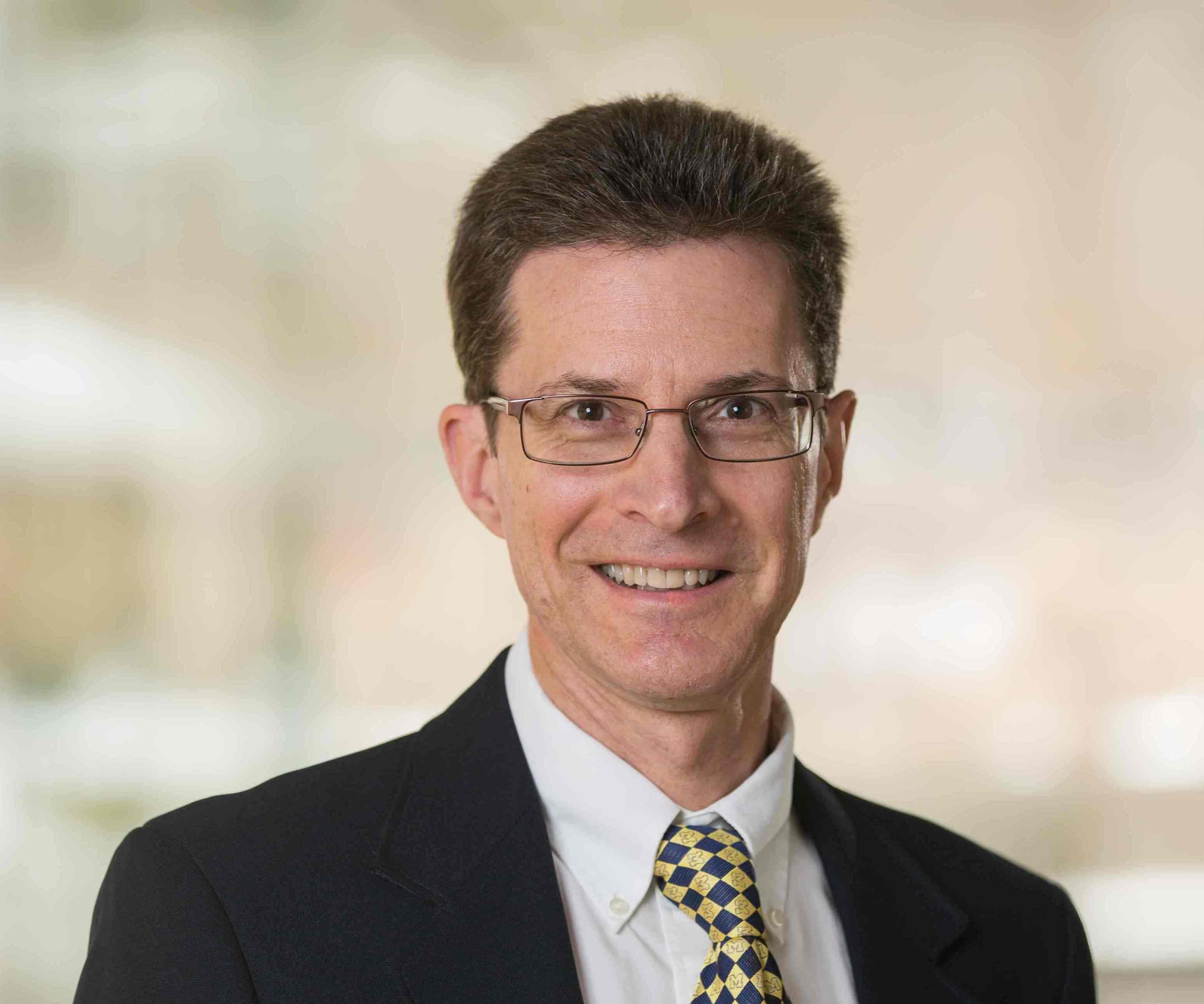Stéphane Lafortune receives Research Excellence Award from College of Engineering
The award honors his contributions to system and control theory.

 Enlarge
Enlarge
Stéphane Lafortune, professor of Electrical Engineering and Computer Science, received the David E. Liddle Research Excellence Award from the College of Engineering honoring his contributions to system and control theory, and especially discrete event systems.
Prof. Lafortune is an international leader in discrete event systems, which has applications in IoT, software systems, process control systems, and transportation systems.
Prof. Lafortune’s work in this space solves fundamental problems and opens up new areas of research and applications. This includes contributions to decentralized supervisory control, deadlock avoidance, elimination of blocking, fault diagnosis, collision avoidance in vehicular networks, and modular control of discrete event systems.
Lafortune co-created Gadara, a controller that can anticipate and prevent situations that might cause software deadlocks. This project was followed by more general controller synthesis efforts in ExCAPE: Expeditions in Computer Aided Programming.
Recently, his interests focus on supervisory control, cyber-security, and privacy using obfuscation.
Lafortune has taught 15 courses, ranging from introductory to graduate level courses, and graduated 21 PhD students who have gone on to highly successful careers.
He is co-author of the leading textbook on discrete event systems, Introduction to Discrete Event Systems, now in its second edition, with Christos Cassandras, Boston University.
He has served as Editor-in-Chief of the Journal of Discrete Event Dynamic Systems: Theory and Applications since 2015, and as a former Chair (2012-2014) and current member (since 2004) of the steering committee of the Workshop on Discrete Event Systems (WODES).
Prof. Lafortune was named an International Federation of Automatic Control (IFAC) Fellow in 2017, and an IEEE Fellow in 1999. He received the Axelby Outstanding Paper Award from the IEEE Control Systems Society in 1994 and 2001. He received the CoE Vulcans Education Excellence Award and the CoE Herbert Kopf Service Excellence Award, and the U-M Inventor Recognition Award.
 MENU
MENU